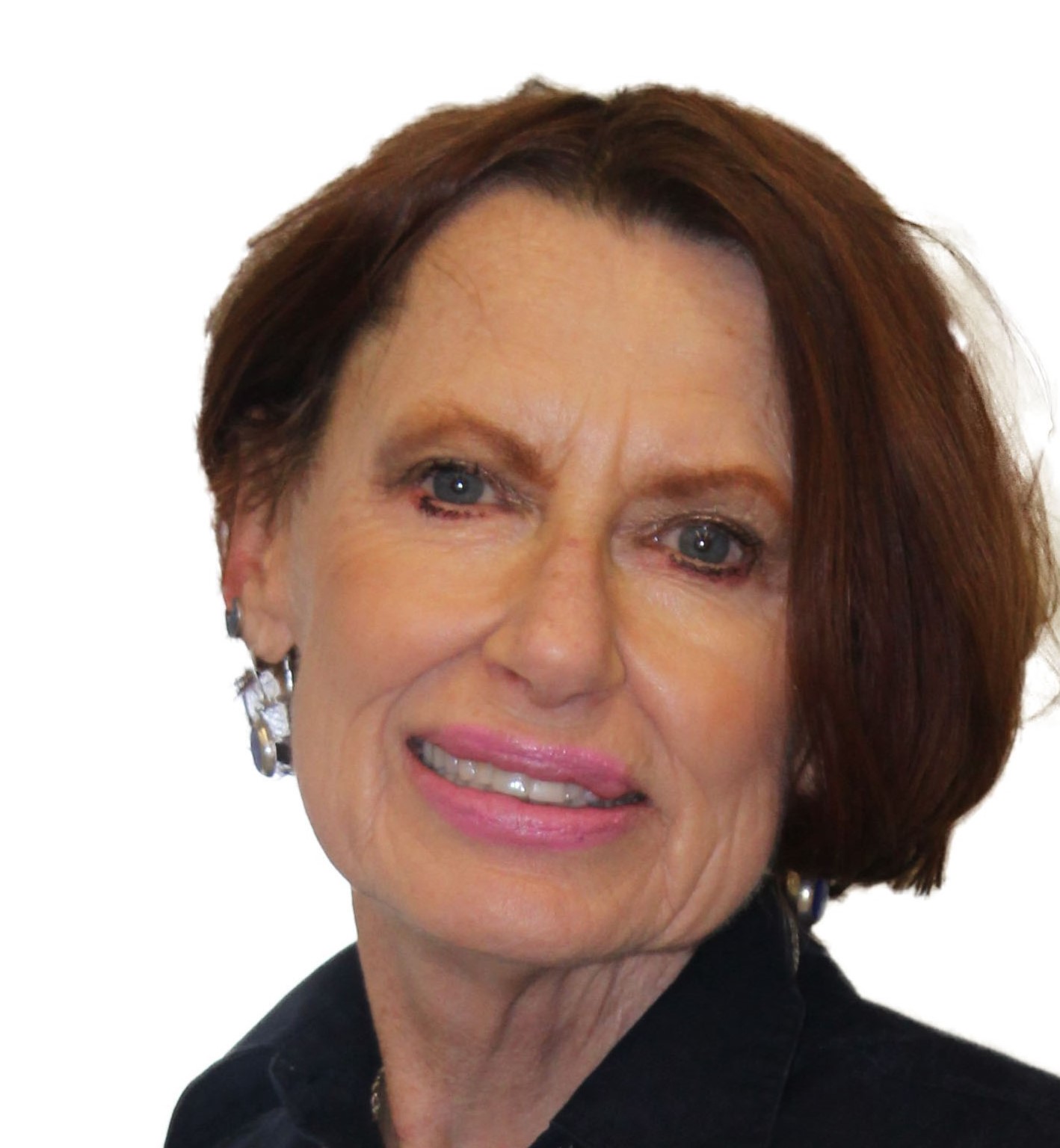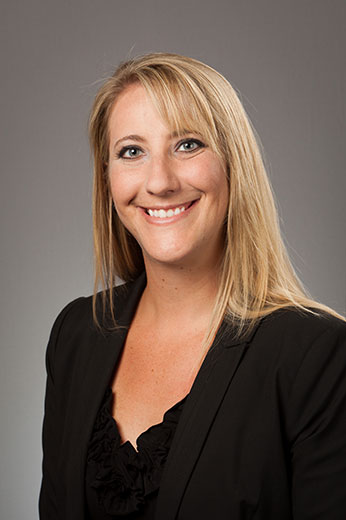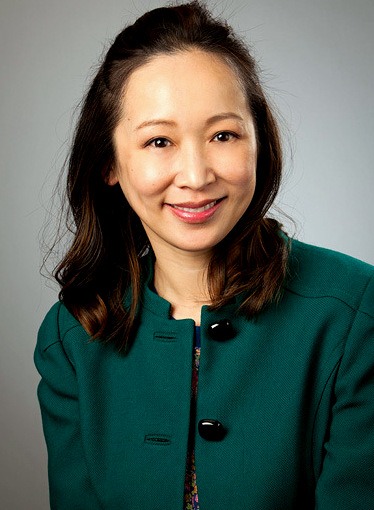Research Spotlight on Women Faculty: Jacalyn McComb, Kristy Soloski, and Yi Jing Wu
March 9, 2020 |
During March, Texas Tech is celebrating women faculty who exemplify excellence in research, scholarship, creative activity, teaching, and mentoring.
Jacalyn McComb
Professor; Department of Kinesiology & Sport Management

McComb's expertise is in stress response and how to cope more effectively with stressors in our lives through exercise.
What inspired you to work in your field/area of expertise?
My area of expertise was developed through my graduate students and my own personal health history and athletic background. When I first came to Texas Tech University, there was a master's level graduate student whose name was Angie McTee or more formally known as Angela McTee. I remember her so clearly, even though it has been almost thirty years. She was interested in working with high-school female track athletes. The research area that she was most interested in was menstrual dysfunction in athletes or functional hypothalamic amenorrhea. I had also been an athlete in sports where thinness was thought to be advantageous and was well aware of the issues associated with menstrual dysfunction. We published her thesis and the rest is history.
Who inspired you to pursue academia?
No one inspired me, I was called. I never even thought about being a university professor. Doors just kept opening, and I just kept going through them. In 1989, Texas Tech University opened its door to me, and I walked through the door. I am still here, thirty years later, so I guess I liked what I found when I walked through the door. The person who opened the door for me was Jim McNally. He is now in the Texas Tech University Athletic Hall of Fame for being a swimming coach. He was so inspiring, the kids loved him, or I should say college students loved him. He was a great coach. He was my mentor for the first 5-6 years of my career at TTU and I am very thankful for his mentorship.
What would you tell your female students interested in pursuing an academic career?
I would tell them that the game has changed today, and it seems to be more about money than scholarship even. That statement may be a little pessimistic, but I believe that there is some truth in this statement. Those who pursue a field in areas where money is not needed for their research are still encouraged to get funding. In physiology, you do need money to carry out your experiments and it is only right that you are asked to pursue funding. I would tell them that they must work under the direction of someone who is being funded. They need to learn the ropes about being successful in the pursuit of grants. They must choose an area of study in which funding is available, first of all and then learn how to acquire it. Getting funding is just a reality, we need funding to advance science. To its credit, Texas Tech University has invested heavily in helping young junior faculty to be successful in funding.

Kristy Soloski
Assistant Professor; Department of Community, Family, and Addiction Sciences
 Soloski's research focuses on family processes related to substance use trajectories
and culturally sensitive clinical and research practices.
Soloski's research focuses on family processes related to substance use trajectories
and culturally sensitive clinical and research practices.
What inspired you to work in your field/area of expertise?
My draw and inspiration to work in the field of couple, marriage, and family therapy began long before I even knew the field existed. Interactions with friends, family, and others in every day life led me to recognize the differences in the human experience. My younger self must have already been a researcher at heart, because I noticed the challenges people faced and how they were often affected by their family situation or even larger systemic issues. I saw substance use develop for those I knew had experienced domestic violence, and that did not seem like a coincidence to me. I saw couples separate after failing to communicate, even though they clearly had a lot of love in their relationship. I wanted to know more and I wanted to be able to make a difference in the lives of those struggling and hurting, and so I embarked on the path to becoming a couple, marriage, and family therapist and specializing in substance abuse. While on this journey, I realized I could make a difference in peoples' lives through different means, and that included teaching, researching, and practicing clinically. I feel lucky every day to get to do this work.
Who inspired you to pursue academia?
When I look back, and I think about who inspired me to pursue academia, I don't think that it was just one person, but a village of people. I had people take a chance on me and believe in me when I did not know my own capability. I had my family fight for opportunities for me, I had faculty notice and recognize my commitment to learning. These people inspired me to believe in myself and to believe that I could do something no one in my family had done before. I was the first in my family to pursue a doctorate, and the first in my family to enter the mental health field. I took inspiration from my peers who were pursuing a path I never would have thought could be for me. I saw their dedication and aspirations, and decided that I wasn't going to let fear be the reason that I didn't try.
What would you tell your female students interested in pursuing an academic career?
Believe in yourself, advocate for yourself, and do not let fear keep you from trying. You are capable. In fact, you are plenty capable, and I believe in you. Women aren't told that enough, and if you haven't heard that before, it doesn't mean that you aren't capable. The biggest thing I have noticed, is that your male colleagues won't wait until they feel fully capable to take a chance, they won't hesitate to speak up and ask for opportunities, and they don't need to be the best at something before realizing they have something important to say. We need you. Your voice matters. Reach out for mentorship, take that class you're afraid of, speak up in class, and embrace your uniqueness for it will become an asset to your field. It will be hard, it's supposed to be, or everyone would do it. You will face challenges your male colleagues will not, but keep fighting. Do not be afraid of the hard feedback, it does not mean you have failed, it just means you have something to learn. You are not alone, please reach out to your faculty. We're all rooting for you.

Yi Jing Wu
Associate Professor; School of Accounting
 Soloski's area of expertise is auditing.
Soloski's area of expertise is auditing.
What inspired you to work in your field/area of expertise?
As a former auditor at EY, a Big-4 public accounting firm, my area of expertise is financial statement audits. I am inspired to focus my research and teaching efforts in this area because of the important role audits play in the the formation and expansion of our capital markets. High quality audits are critical to maintaining investor confidence in our capital markets and protecting investor interests. Audit failures, such as Enron, Worldcom, and others, have detrimental consequences for investors and our capital market system. Consequently, I have focused my research efforts on (1) identifying challenges auditors encounter in practice that could lead to less-than-optimal professional judgments, and in turn lower audit quality, and (2) identifying interventions or solutions that can improve auditors' judgments and decisions.
Who inspired you to pursue academia?
Professor Robert Jensen, my accounting professor from Trinity University, inspired me to pursue academia. He was the first to introduce me to the possibility of pursuing a Ph.D. with a focus in accounting and conducting research. While I was his graduate assistant, he encouraged me to consider a career in academia. Going back to school to earn my Ph.D. was the best decision I've ever made!
What would you tell your female students interested in pursuing an academic career?
Key things I would share with female students interested in pursuing an academic career are the following: (1) although you do not necessarily work less hours as in practice/corporate world, you have more control over and flexibility with your work schedule; (2) you are able to devote effort via your research to areas that truly interest you; (3) you have the chance to mentor, encourage, teach, and guide the next generation of female students in your area/discipline; and (4) you have the opportunity to continue to learn new things throughout your career.
Office of Research & Innovation
-
Address
Texas Tech University, 2500 Broadway, Box 41075 Lubbock, TX 79409 -
Phone
806.742.3905 -
Email
vpr.communications@ttu.edu
